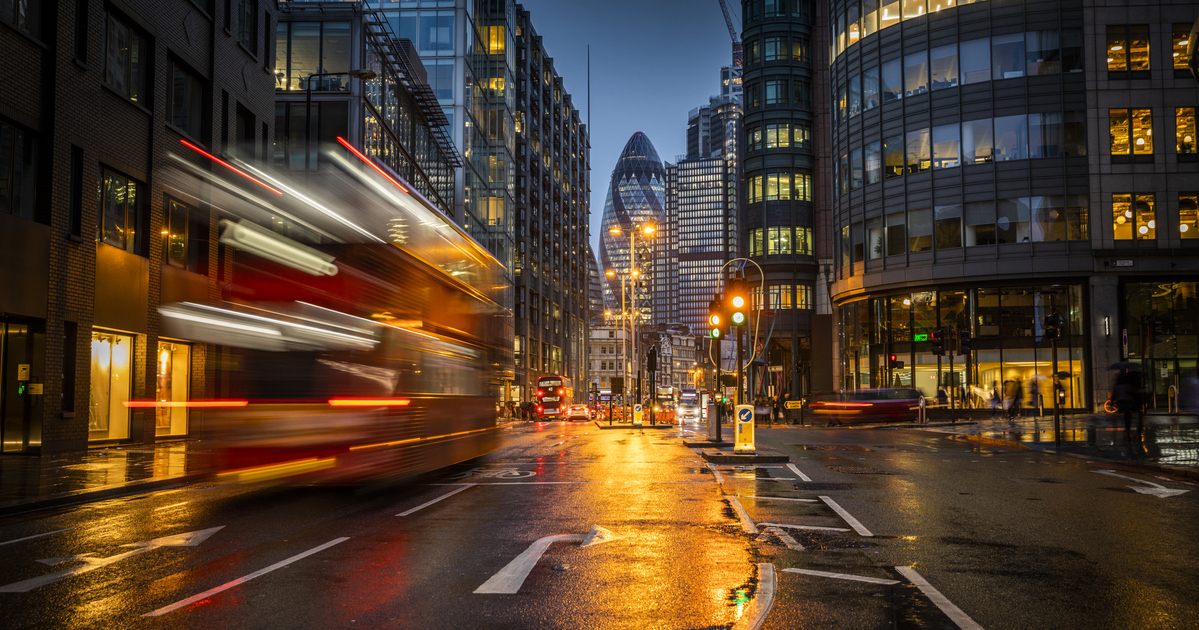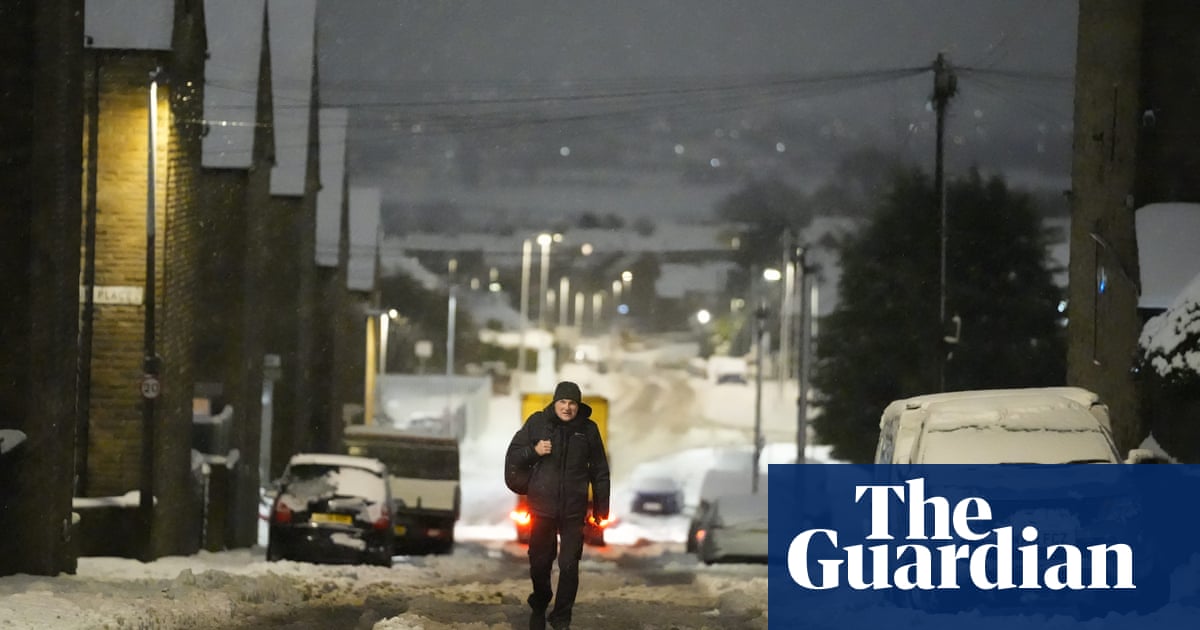London Tunnels moves IPO plan to Amsterdam in blow to UK markets

London Tunnels, which aims to convert an abandoned underground network into a tourist attraction, has ditched plans to float in the capital, instead opting to list in Amsterdam.
The company aims to make the Kingsway exchange tunnels, a network of 8,000 sq metres under Holborn in central London, into a new attraction that will bring in 2 million visitors every year.
The group revealed on Monday that it hoped to raise £30m by listing on the Euronext Amsterdam, saying it could make the most of size and scale of the equity and capital markets of Europe by listing in the Dutch capital.
The decision comes after the company sent papers to the London Stock Exchange (LSE) in January outlining its intention to float in the capital.
At the time, its chief executive, Angus Murray said: “This unique set of tunnels, owned by a British company, built by the British government, for the defence of Britain, that can further enhance London’s reputation as a leading tourist destination, should be listed in London.”
The change of heart by the company is the latest blow to the LSE after a number of high-profile companies have opted to list in Europe and the US ahead of London in recent months.
In May the Paddy Power owner, Flutter, announced its decision to switch its primary listing to New York, while the UK chip designer Arm opted to list on Wall Street last August after the government failed to convince it to float in London.
However, this has been partially offset by big players such as the fashion retail company Shein and Raspberry Pi announcing plans to list on the LSE.
The Kingsway tunnels were built in the early 1940s to shelter up to 8,000 people during the Blitz but were never used for this purpose.
Instead the Special Operations Executive, responsible for espionage and sabotage in German-occupied Europe, moved in during the final two years of the war and are thought to be the inspiration for the Q branch in Ian Fleming’s James Bond novels.
after newsletter promotion
The tunnels later housed the first secure transatlantic telephone cable, which ran a hotline that connected the White House and the Kremlin during the cold war, before ownership was transferred to British Telecom (BT) in 1981.
London Tunnels bought the site from BT and intends to open the attraction in 2027, including exhibits celebrating the history of the tunnels, as well as reinstating the city’s deepest London bar, which closed in the 1980s.
Last month it secured the planning green light from the City of London Corporation but is still waiting planning signoff from the London Borough of Camden.
Explaining its decision for moving the listing, London Tunnels said it could meet the £20m to £30m needed over the first few years of development. It added that it would then look to raise a further £120m in debt and equity to make the tunnels operational.
Related
UK firms plan price rises as confidence falls to lowest…
More than half of British companies are planning price rises in the next three months, according to research that found UK business confidence has slumped to it
Tax concerns hit highest levels since 2017 as UK businesses…
In the largest poll of business sentiment since October's Budget, the British Chamber of Commerce's Quarterly Economic Survey found concerns ab
More than half of UK firms planning price rises as…
Key eventsShow key events onlyPlease turn on JavaScript to use this featureHays Travel boss sees 'general confidence in the sector'But it’s not all doom and g
Welsh Economy ‘Set to Benefit by £110m’ as UK Joins…
A deal which has seen the UK join the Comprehensive and Progressive Agreement for Trans-Pacific Partnership (CPTPP) as a fully-fledged member will boost the Wel










